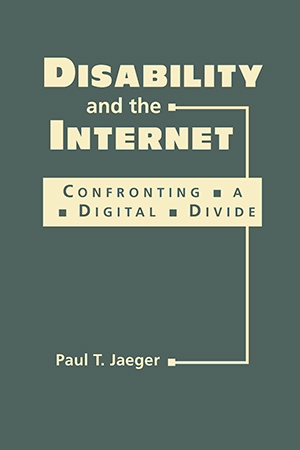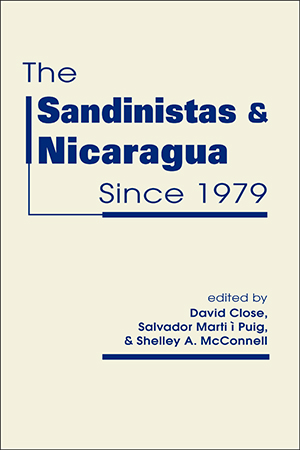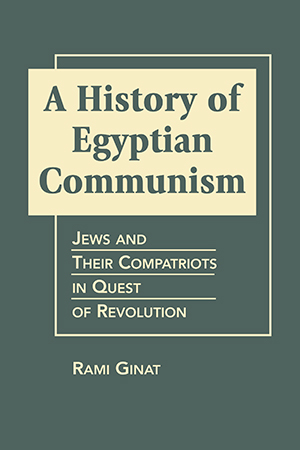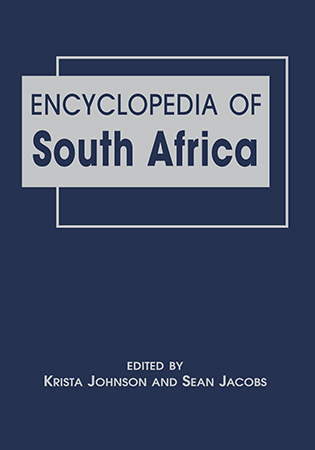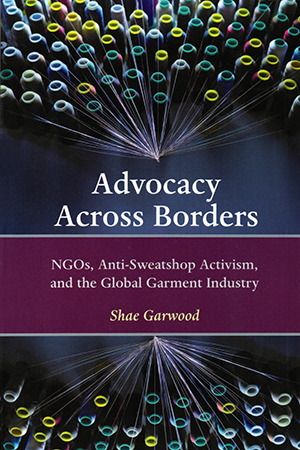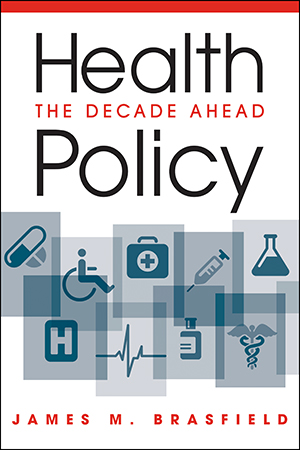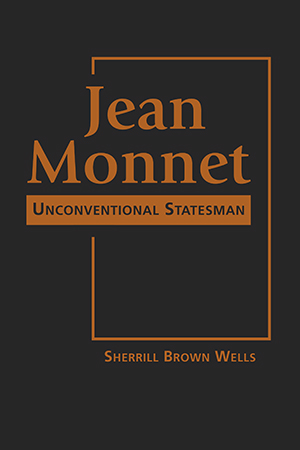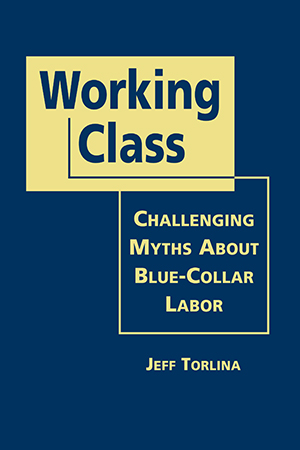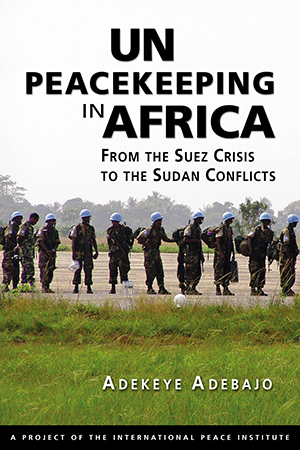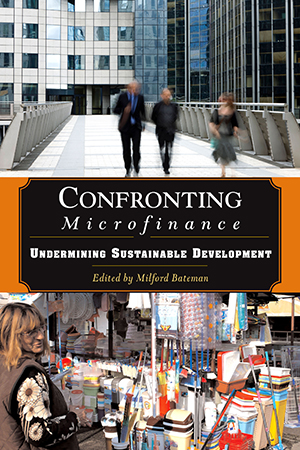BOOKS
From websites to mobile devices, cyberspace has revolutionized the lived experience of disability—frequently for better, but sometimes for worse. Paul Jaeger offers a sweeping More >
How has the Sandinista National Liberation Front (FSLN) affected Nicaragua and its politics since the Sandinista revolution of 1979? Addressing this question, the authors offer a More >
Rami Ginat offers an entirely new reading of the evolution of communism in Egypt, including the central role of Egyptian Jews in both its development and its impact on Egypt and the wider More >
This authoritative, comprehensive reference work covers South Africa's history, government and politics, law, society and culture, economy and infrastructure, demography, environment, More >
Particularly compelling reading after the April 2013 building collapse that killed more than 1,000 garment workers in Bangladesh, Advocacy Across Borders explores the strategies, More >
James Brasfield explores the full gamut of health policy issues confronting the United States—ranging from Medicare and Medicaid, to the heated controversies surrounding health care More >
How did Jean Monnet, an entrepreneurial internationalist who never held an elective office, never joined a political party, and never developed any significant popular following in his More >
Jeff Torlina challenges the conventional wisdom about the attitudes of blue-collar men toward their work. Torlina highlights the voices of pipe fitters, welders, carpenters, painters, More >
Nearly half of all UN peacekeeping missions in the post–Cold War era have been in Africa, and the continent currently hosts the greatest number (and also the largest) of such missions More >
Despite the popularity of microfinance as a tool for economic development, there has been little analysis of its foundations or its real effectiveness in fighting poverty. Attempting to fill More >



